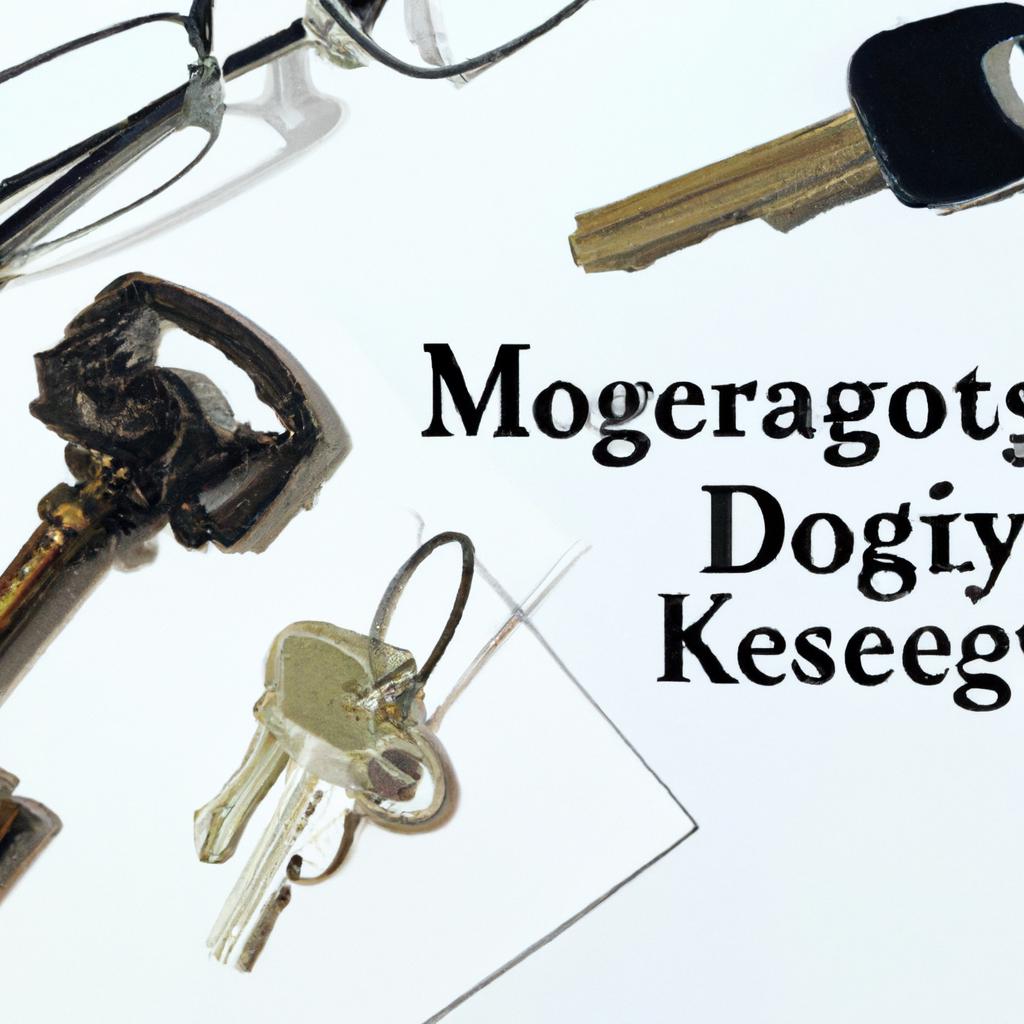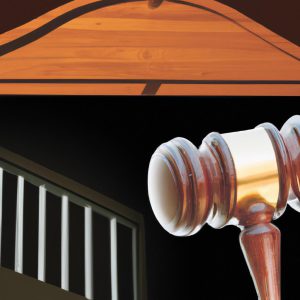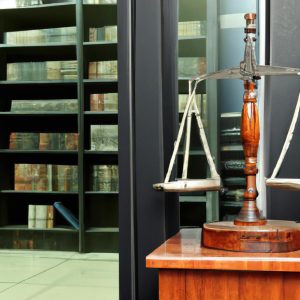When it comes to purchasing property, the question of who should be listed on the deeds versus the mortgage can often arise. Many individuals wonder if it is possible to put someone on the deeds but not the mortgage, and what implications this may have on both parties involved. In this article, we will explore the legal intricacies of this common scenario, providing valuable insight for those navigating the complexities of real estate transactions. As experienced attorneys at Morgan Legal Group, based in New York City, we specialize in estate planning, probate, elder law, Wills, and trusts, offering expert guidance on a wide range of legal matters.
Understanding the Legalities of Adding Someone to Deeds but Not Mortgages
When adding someone to the deeds of a property but not the mortgage, it’s essential to understand the legal implications of such a decision. While it is possible to add someone to the deeds without adding them to the mortgage, there are important considerations to keep in mind. Here are some key points to consider:
- Ownership Rights: Adding someone to the deeds means they have a legal claim to the property. However, if they are not on the mortgage, they will not be responsible for the mortgage payments.
- Liability: While the person added to the deeds may have ownership rights, they will not be liable for the mortgage payments. This means that the person solely responsible for the mortgage will still be obligated to make payments.

Implications of Adding a Person to Property Deeds Without Involving Them in Mortgages
When adding a person to a property deed without involving them in mortgages, there are several implications to consider. One of the primary implications is that the individual will have legal ownership rights to the property, which means they will have a stake in the property’s value and any profits from its sale. However, it’s important to note that adding someone to the deed does not necessarily mean they are financially responsible for the mortgage.
In this situation, the individual added to the property deed will not be liable for mortgage payments if they are not listed on the mortgage. This can be advantageous for the individual being added to the deed as it allows them to have ownership rights without taking on the financial burden of the mortgage. However, it’s crucial to consult with legal professionals to understand the full implications and make informed decisions when adding someone to property deeds without involving them in mortgages.

Potential Risks and Benefits of Making Changes to Property Ownership Without Changing Mortgage Responsibility
When considering making changes to property ownership without altering mortgage responsibility, it is important to weigh the potential risks and benefits involved. One key benefit is that by adding someone to the property deeds without changing the mortgage responsibility, you may be able to ensure that the property passes directly to the designated individual upon your passing, bypassing the probate process. This can help streamline the transfer of ownership and potentially reduce estate taxes.
However, there are also risks to consider. By adding someone to the property deeds without changing the mortgage responsibility, you are essentially giving them a stake in the property without holding them accountable for the mortgage payments. This can lead to potential complications if the relationship sours or if the other individual is unable or unwilling to contribute to the mortgage payments. It is important to carefully assess the potential risks and benefits before making any changes to property ownership.

Key Considerations for Safely and Legally Altering Property Deeds Without Involving Mortgages
When it comes to altering property deeds without involving mortgages, there are several key considerations to keep in mind. This process can be complex and it is crucial to ensure that all legal requirements are met to avoid any issues in the future. Here are some important factors to consider:
- Ownership Structure: Before making any changes to property deeds, it is important to consider the ownership structure. Adding someone to the deed without involving the mortgage may impact how ownership is shared and managed.
- Legal Implications: It is essential to understand the legal implications of altering property deeds. This includes potential tax implications, rights of the new owner, and any restrictions that may come with changing the deed.
Q&A
Q: Can you put someone on the deeds but not the mortgage?
A: Yes, it is possible to add someone to the property deed without including them on the mortgage.
Q: What is the difference between the property deed and the mortgage?
A: The property deed is a legal document that shows ownership of the property, while the mortgage is a loan secured by the property.
Q: Why would someone want to add someone to the deed but not the mortgage?
A: There may be various reasons for this, such as wanting to share ownership of the property without sharing the financial responsibility of the mortgage.
Q: Can adding someone to the deed affect their credit?
A: No, adding someone to the deed does not affect their credit as it is only a reflection of ownership, not financial responsibility.
Q: What are the potential risks of adding someone to the deed but not the mortgage?
A: One risk is that the non-mortgage holder may not have any legal obligation to contribute to the mortgage payments, yet could still have a claim to the property.
Q: What should I consider before adding someone to the deed but not the mortgage?
A: It is important to consider the implications for ownership rights, financial responsibilities, and potential conflicts that may arise in the future. Consulting with a legal professional is advisable.
To Conclude
In conclusion, while it is possible to add someone to the deeds of a property without them being responsible for the mortgage payments, it is important to consider all legal implications and potential risks involved in such a decision. It is always best to seek professional advice and carefully weigh the pros and cons before making any changes to property ownership. Ultimately, communication and transparency are key in navigating these complex financial arrangements. Thank you for taking the time to explore this topic with us.
 As home ownership becomes increasingly difficult to achieve for many people, alternative options such as adding someone to the property deeds but not the mortgage have become more prevalent. This allows individuals to share the responsibility of owning a property without taking on the burden of a mortgage. But is it really possible to put someone on the deeds without involving them in the mortgage?
As home ownership becomes increasingly difficult to achieve for many people, alternative options such as adding someone to the property deeds but not the mortgage have become more prevalent. This allows individuals to share the responsibility of owning a property without taking on the burden of a mortgage. But is it really possible to put someone on the deeds without involving them in the mortgage?
The short answer is yes, it is possible to add someone to the property deeds without involving them in the mortgage. However, it is important to consider the potential implications and legalities before making such a decision. In this article, we will explore the process of adding someone to the deeds without involving them in the mortgage, the benefits and risks involved, and practical tips to consider.
How does adding someone to deeds work?
Basically, adding someone to the property deeds means that they become a co-owner of the property with the current owner. This is achieved by changing the legal documents that establish ownership of the property, known as the title deeds. The process of adding someone to the title deeds is known as ‘transferring a share’ or ‘transferring a title’.
To add someone to the property deeds, the co-owner must sign a declaration of trust, which outlines the terms of their co-ownership, including how ownership will be divided and how any sale proceeds will be split. This will also need to be witnessed and signed by both parties. The declaration of trust will need to be registered with the Land Registry for it to be legally binding.
Can you add someone to the deeds but not the mortgage?
In theory, it is possible to add someone to the property deeds without involving them in the mortgage. This would mean that the added person will have rights of ownership, but not the responsibility of paying the mortgage. However, the lender’s consent must be obtained before adding someone to the deeds. Most lenders would prefer that anyone co-owning a property also takes joint responsibility for the mortgage. However, there are some cases where lenders will allow an individual to be added to the deeds without being involved in the mortgage, such as:
– Parents who want to add their child to the deeds to help them gain a foothold in the property market
– Couples who are unmarried but want to jointly own a property
– Family members or friends who want to share the ownership of a property for investment purposes
Benefits of adding someone to the deeds without involving them in the mortgage
1. Shared ownership: By adding someone to the property deeds, both parties will have equal rights of ownership. This means they will both have the right to occupy the property and make decisions on any future sale.
2. Lower stamp duty: By adding someone to the deeds, the property will be considered a joint ownership and therefore, the stamp duty cost will be divided between the owners. This can result in a lower overall stamp duty cost for each individual.
3. Easier transfer of ownership: In the event of the death of one of the owners, adding someone to the deeds can make transferring ownership smoother and avoid potential complications that can arise with sole ownership.
4. Investment opportunities: Adding someone to the deeds without involving them in the mortgage can be a great investment opportunity for both parties. It can help one party get onto the property ladder while providing the other with potential rental income.
Risks and considerations to keep in mind
1. Legal implications: Adding someone to the deeds without involving them in the mortgage can have legal implications that should not be overlooked. Both parties should seek independent legal advice before making any decisions.
2. Responsibility for costs: The added individual will still be liable for any costs associated with owning the property, such as maintenance and repairs, even if they are not involved in the mortgage.
3. Future disagreements: When co-owning a property, disagreements between the parties involved can arise. It is important to discuss and agree on all terms and responsibilities before adding someone to the deeds to avoid potential conflicts in the future.
4. Impact on credit score: Adding someone to the deeds means that their financial status and credit score will be linked to the property. This can have an impact on both parties’ ability to secure credit in the future.
Tips for adding someone to deeds without involving them in the mortgage
1. Communicate openly: It is important to have open and honest communication with the co-owner before making any decisions. This will help avoid misunderstandings and conflicts in the future.
2. Seek independent legal advice: Adding someone to the deeds can be a complicated and legally binding process. It is important for both parties to seek independent legal advice to fully understand the implications and responsibilities involved.
3. Consider a joint ownership agreement: This is a legally binding document that outlines the terms and responsibilities of co-ownership. It is recommended for all parties to sign a joint ownership agreement to avoid potential issues in the future.
4. Discuss future plans: It is important to discuss what will happen in the event of one party wanting to sell their share of the property. Will the other party have the option to buy them out or will the property be sold on the open market? These decisions should be made and outlined in a joint ownership agreement.
In conclusion, it is possible to add someone to the property deeds without involving them in the mortgage. This can have several benefits, but it is important for both parties to fully understand the implications and seek independent legal advice before making any decisions. Open communication and proper planning, such as signing a joint ownership agreement, can help avoid potential conflicts in the future. Ultimately, adding someone to the deeds should not be taken lightly as it involves sharing ownership of a valuable asset.





